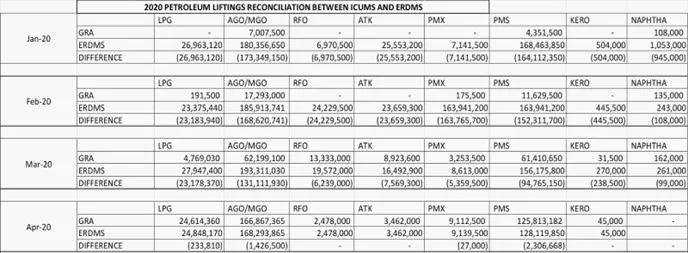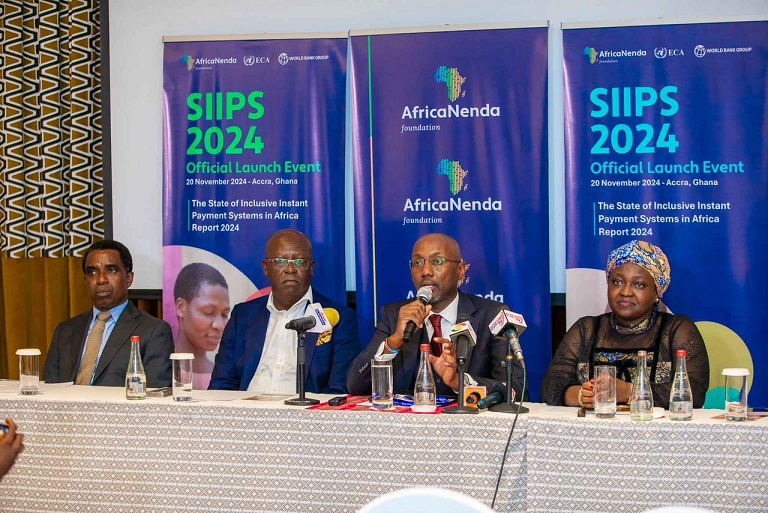
By Iddi Yire, GNA
Accra, Nov. 12, GNA - Professor Abednego Feehi Okoe Amartey, Vice-Chancellor, University of Professional Studies, Accra (UPSA) says Ghana needs some strategic policies to solve its numerous public sector challenges.
He said a recent research conducted by UPSA confirmed that regrettably, Ghana’s Public Sector is replete with inefficiency; ineffectiveness; absenteeism; poor quality delivery; low productivity; politicised perspectives; incompetence; low morale; unreliability and corruption.
He said cultivating a new direction of purpose in Ghana’s Public Sector, building marketing capacities and processes, and applying contemporary marketing techniques; would help improve upon public sector delivery and contribute to accelerated national development.
Prof Amartey said this over the weekend during the UPSA- Chartered Institute of Marketing Ghana (CIMG) Public Lecture held in Accra.
Speaking under the theme: “Public Sector Marketing: A Catalyst for National Development”, Prof Amartey said historically, there has been various attempts by governments to solve this major public sector challenge, as successive governments have recognised that poor public sector performance undermined economic growth in Ghana.
He said for instance, the Senchi National Economic Forum 2014, expressed dissatisfaction on the fact that civil and public servants display a lackadaisical attitude towards the work they do.
Prof Amartey, who is the 2018 CIMG Marketing Man of the Year, recounted that the forum expressed concern on the worrying evidence of poor institutional capacity of ministries, departments and agencies (MDAs) to formulate and implement policies for enhanced service delivery.
He said the current government has also proposed several strategic plans to deal with some of the above challenges in the public sector.
Prof Amartey said a fundamental problem of Ghana’s public sector was how to convert broad aspirations contained in strategic plans and government pronouncements into tangible outputs and outcomes that show results and impact.
He said the gap between what government proposes as outlined in several strategic documents and what it manages to accomplish, could be explained by the ineffectiveness of public sector institutions.
He said to radically transform Ghana’s Public Sector from an under-performing to a high efficient and productive sector, there is the need for a complete paradigm shift which allows and promotes efficiency, productivity, and global competiveness; and the application of the marketing philosophy.
He said public sector management paradigm should include features such as; a system with a decentralised control of resources, which explores other service delivery models to achieve better results; and a strong focus on financial control, value for money, and increasing efficiency.
This, he noted, included a more excellent customer orientation and responsiveness culture and increasing the scope of roles played by non-public sector providers; and a system where marketing and stakeholder management were crucial components of the new public management model.
He said on the other hand, the application of the marketing philosophy would imply, marketing would be used to mean a managerial process responsible for identifying and anticipating public needs, wants, and concerns; and developing and implementing profitable solutions to the citizenry.
Dr Kasser Tee, President, CIMG, said the role of marketing in ensuring business growth is vital and "this influence is seen whether in the private sector or the public sector and whether we work for profit or not for profit organisations".
Prof Kwamina Kwansah-Aidoo, Rector of the Ghana Institute of Journalism (GIJ), who chaired the function, called on Ghanaians to embrace modern marketing practices.
He said many civil and public servants have a certain mentality that they were doing the public a favour and do often seek to extort monies from people before serving them.
He announced that the GIJ would soon establish a Marketing Department, adding that "we need to adopt a marketing mindset".
Read Full Story















Facebook
Twitter
Pinterest
Instagram
Google+
YouTube
LinkedIn
RSS